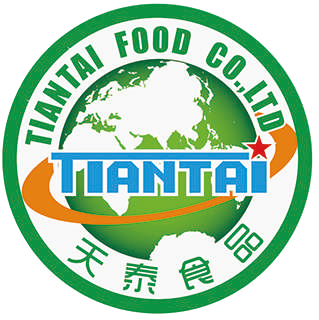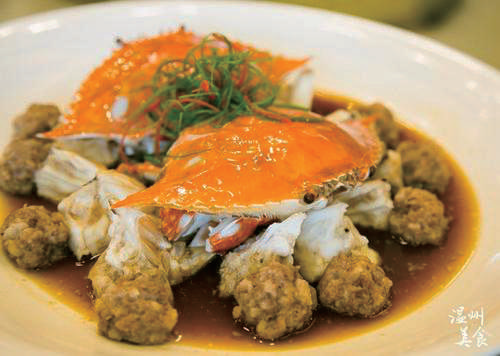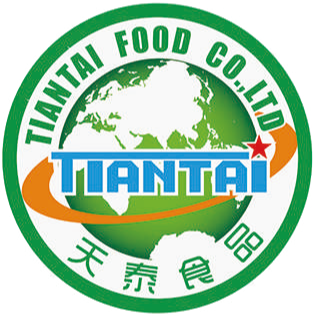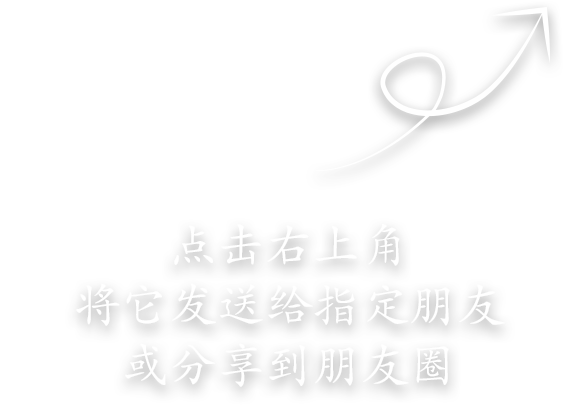On the Social Responsibility of Food Enterprises
Today, 10 years after joining the WTO, the international standard ISO26000 "Guidelines for Social Responsibility" has come towards us. ISO26000 is an international standard provided by the International Organization for Standardization (ISO) to guide social responsibility activities, covering issues such as organizational governance, human rights, labor practices, environment, fair operating practices, consumer issues, community participation, and development. This standard was officially released and implemented by ISO on November 1, 2010, and it advocates voluntary adoption by countries.
Purpose and role
The purpose of formulating the ISO26000 Guidelines for Social Responsibility is to clarify the definition and connotation of social responsibility, unify the understanding of social responsibility among all sectors of society, and provide reference guidelines for organizations to fulfill their social responsibilities.
In the ISO26000 Guidelines for Social Responsibility, social responsibility is defined as "the responsibility that an organization assumes for the impact of its decisions and activities on society and the environment through transparent and ethical behavior. These transparent and ethical behaviors contribute to sustainable development, including health and social well-being, taking into account the expectations of stakeholders, complying with applicable laws and international behavioral norms, integrating into the entire organization and practicing in its various relationships.".
The release of ISO26000 Guidelines for Social Responsibility is a significant leap for ISO, from the field of engineering technology to the social and ethical fields. ISO26000 is the first truly global standard in the field of social responsibility. It promotes social responsibility (CSR) to any form of organization, unifies the definition of social responsibility globally, clarifies the principles of social responsibility, identifies core themes for practicing social responsibility, and describes methods for integrating social responsibility into organizational strategies and daily activities with the goal of sustainable development.
The problems existing in food enterprises
Food is the top priority for the people, and food safety is the top priority. With the maturation of China's market economy and the continuous improvement of people's living standards, China is paying more and more attention to food safety issues related to human safety and health. It has become an important part of our food quality and safety supervision. In order to ensure public health, maintain economic order, and food hygiene and safety, the country has strictly regulated food safety production in the form of laws and regulations. There are dozens of national laws, regulations, and rules related to food safety, such as the Food Safety Law, the Standardization Law, the Product Quality Law, the Consumer Rights Protection Law, the Regulations on the Management of Product Identification and Labeling, the Measures for the Administration of Food Additives, the Regulations on the Investigation and Punishment of Illegal Food Labeling, the Measures for the Supervision and Administration of Quality and Safety of Food Production and Processing Enterprises, and the implementation rules for the review of various food production licenses. In order to strengthen the supervision and management of food safety, China has issued multiple mandatory national basic standards related to food production, including GB7718 "General Rules for Labeling of Prepackaged Food", GB10344 "General Rules for Labeling of Prepackaged Beverages and Alcohol", GB13432 "General Rules for Labeling of Prepackaged Special Dietary Nutritional Food", GB2760 "Hygienic Standards for the Use of Food Additives", GB10792 "Carbonated Beverages (Soda)", and GB5408.2 "Sterilized Milk".
Although our country attaches great importance to food safety work, there are still some problems in the production and sales market of food. The bankruptcy of Sanlu Group is a bloody lesson. In order to obtain huge profits, Sanlu Group has lost its basic social responsibility and moral bottom line, using industrial reagents as food additives and adding the chemical raw material melamine to infant formula and dairy products, causing some infants and elderly people to suffer from kidney stone disease, greatly infringing on consumer interests and seriously endangering people's health. It has brought shame to China's dairy industry both domestically and internationally. The bankruptcy of Sanlu Group is inevitable and a deserved retribution for the company's lack of social responsibility. In addition, there are still some problems in food production and sales in certain parts of China, such as:
Some companies use toxic and harmful substances such as "gutter oil" and "lean meat essence" in food processing and production in order to seek huge profits; Some large farmers abuse antibiotics, illegally add chemical substances, and use food additives beyond the scope and limit in the breeding process; Some companies arbitrarily label and falsify labels, disrupting the market, deceiving and misleading consumers; Alcoholic food, especially prepared liquor, should be marked with the liquor base (edible alcohol) in the ingredient list, while some prepared liquor should be marked with the raw materials of distilled liquor (corn, sorghum), and some Baijiu added edible essence to reflect a certain flavor, but the content of essence was not marked in the ingredient list, masking the existence of essence in Baijiu. The country stipulates that as long as food additives are added to food, regardless of the amount, they must be listed one by one in the ingredient list.
Some food production enterprises do not understand that the standard code on the food label is the basis of food quality, let alone the dynamic situation of the preparation and revision of national and industrial standards. They are still continuing to label and use the obsolete standards, such as Luzhou flavor Baijiu. The current standard is the national standard, but some enterprises are still labeling the obsolete local standards for Baijiu.
The food name is the main content of label labeling, as food labels can protect consumers' right to know and protect their health and safety. So food labels have been mandated by governments around the world as essential content that must be attached to food packaging. Subsequently, food labeling has become a frequently adopted technical trade measure in international trade. Although food trade accounts for only about 12% of global trade volume, food trade disputes account for one-third of the total trade disputes among WTO members, and issues related to food labeling account for a large proportion of them.









First, please LoginComment after ~